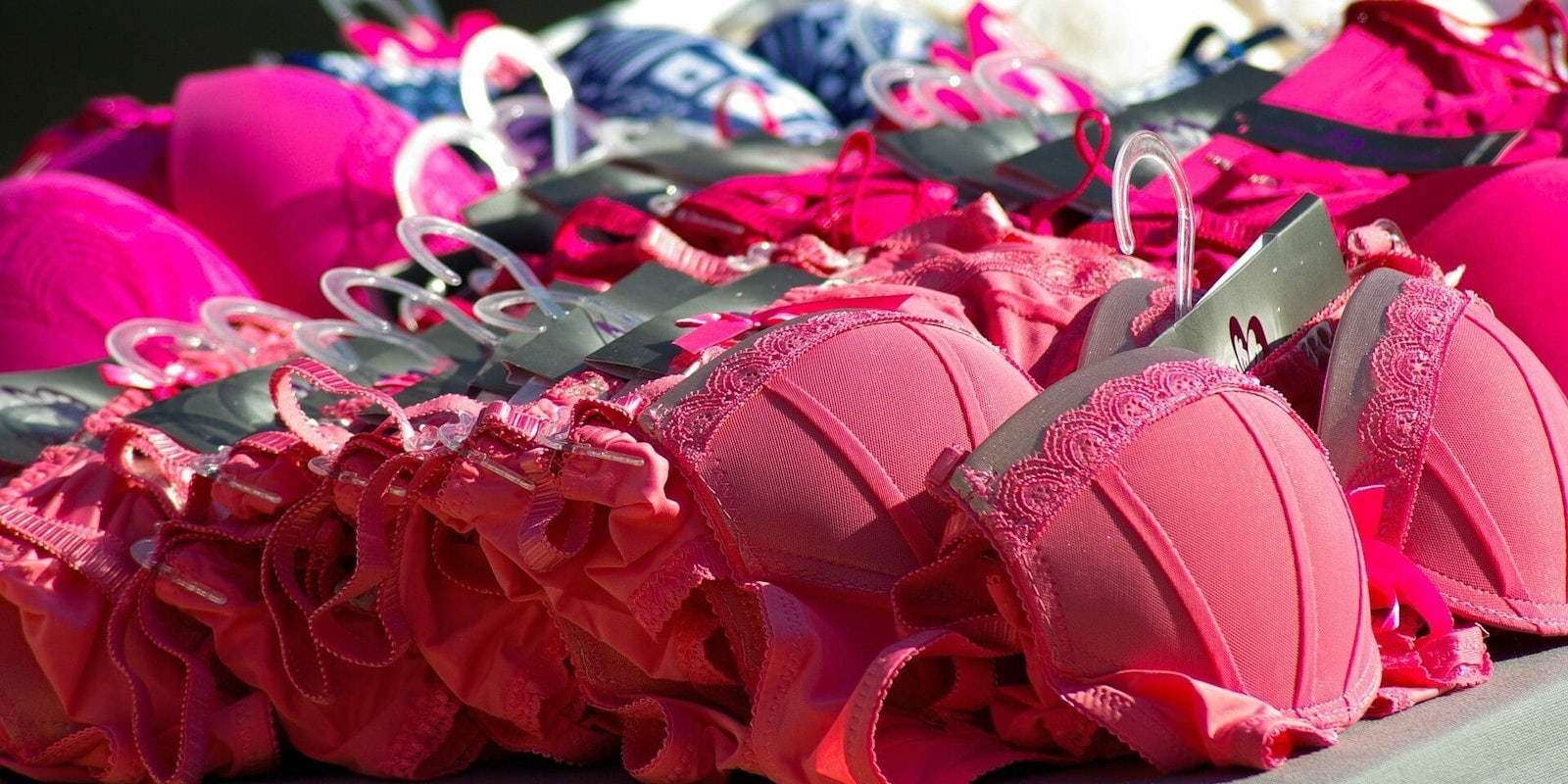The last thing most women want is to have their chest stared at. But at the Trendy Shrimp in Hangzhou, Zhejiang, China, the seafood restaurant is offering discounts to women based on their bra cup size.
Local residents began complaining about the discount after an ad popped up for the promotion at a mall in Hangzhou earlier this month. The ad offered women with larger breast sizes a better discount—so women with an A-cup bra would get a 5 percent discount, while women with a G cup bra would receive 65 percent off their meal.
“The whole city is looking for BREASTS,” the ad read, according to BBC News.
This restaurant lists discounts for women depending on their cup size
— MTV UK (@MTVUK) August 8, 2017pic.twitter.com/ZPBtnUiaB4
Suffice to say, the advertisement wasn’t well-received by women. Many felt it objectified female bodies and unfairly punished women for their breast size. One female Hangzhou resident called the posters “vulgar advertising” and “discriminatory.” The restaurant has since defended the idea, pointing out that female servers could give the discount instead of male staff—which still doesn’t erase the fact that the campaign is valuing and ranking women’s worth on how attractive or jiggly they are. That male employees were possibly sitting around determining the cup sizes of patrons is a whole ‘nother problem.
But none of this was an issue that affected business, according to the restaurant. “Once the promotion started, customer numbers rose by about 20 percent,” Trendy Shrimp general manager Lan Shenggang told BBC News. “Some of the girls we met were very proud—they had nothing to hide.”
Misogyny remains an international problem in the food service industry, often through sexist advertising schemes or hostile work environments. In 2015, TGI Friday’s released an ad for mozzarella sticks that made light of sexual harassment. And earlier this year, 18-year-old Chili’s employee Emily Houser was shamed online by her coworkers for reporting her manager’s harassing behavior.


